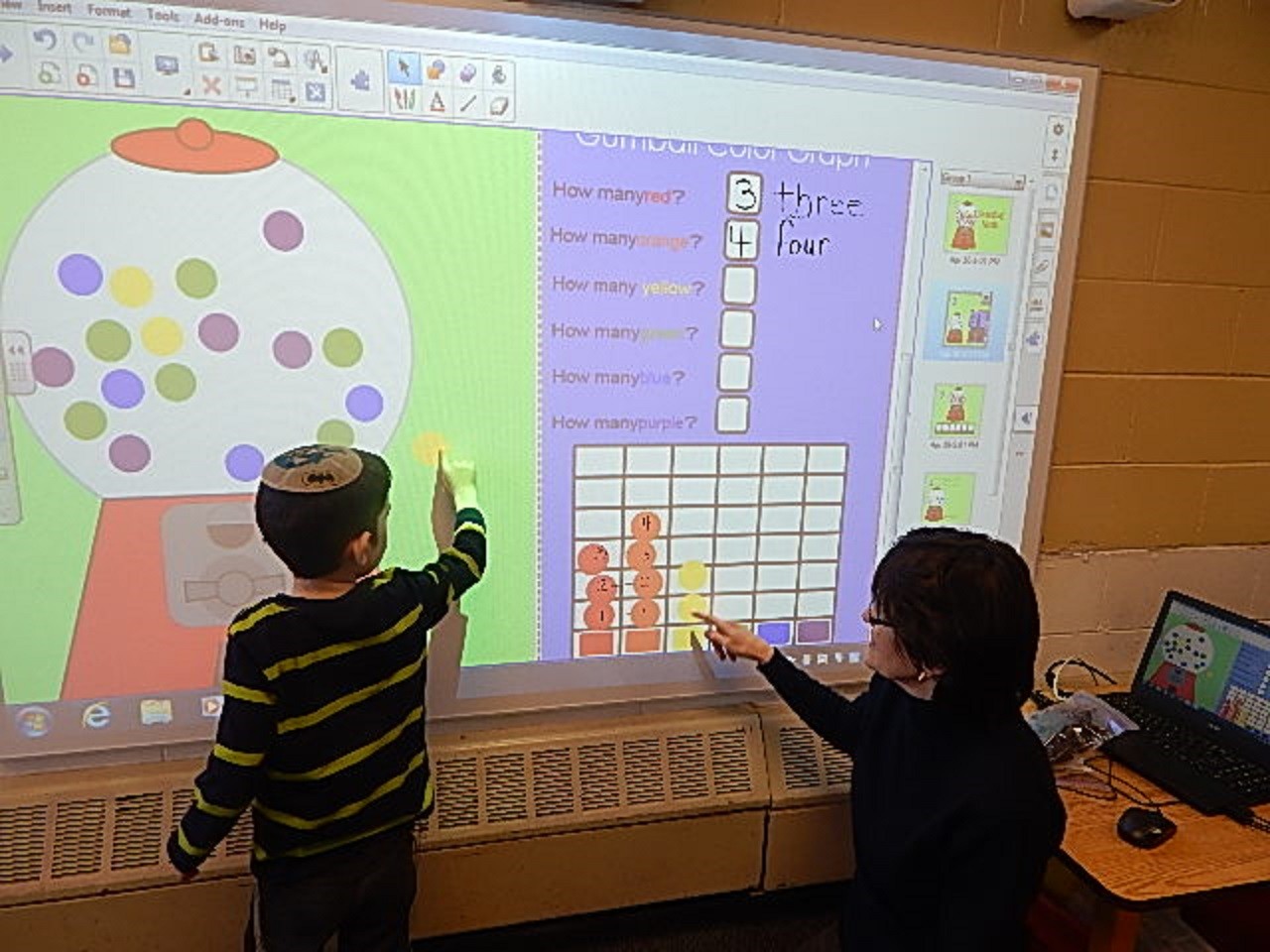CAHAL aims to help kids reach their learning potential
Cedarhurst-based program celebrates 25 years
Communities Acting to Heighten Awareness and Learning (CAHAL), is a Cedarhurst-based special needs resource program for children in kindergarten through their senior year in high school.
The program assists children who experience language impairments, learning disabilities and attention deficit disorders. CAHAL serves kids throughout the Five Towns, the Rockaways, West Hempstead and Long Beach in 12 yeshivas.
Local rabbis, principals and community leaders collaborate to find ways to reach and teach the special-needs children who haven’t otherwise been successful in a mainstream yeshiva class, even with remedial help or other educational support.
Rabbi Moshe Waxman, the program’s Hebrew curriculum coordinator, enjoys the bond he’s created with his students. “What is most gratifying to me is actually meeting former students who are now successful adults in college or in a career,” he said. “When they cross the street to introduce themselves and share their fond memories of years they spent in the program, it drives home the message of how crucial a role CAHAL and the teachers have played in the lives of so many children.”
Through CAHAL hundreds of children have been able to learn in a mainstream classroom setting in a yeshiva with his or her own individualized education plans (IEPs). The student to teacher ratio is 4-1, and no more than 12 children are in a classroom, and each of the dozen schools served has one CAHAL classroom.
CAHAL works closely with local school districts arranging and coordinating all related services such as speech therapy, occupational therapy, physical therapy and counseling, as well as coordinate with the local school district teachers and administrators to update student IEPs. The children receive their services during the school day in or out of the classroom.
The formula was simple, said Naomi Nadata, the program’s director. “Hire certified special education teachers trained to bring children up to speed,” she said. “Mainstream them with their grade-level counterparts for every non-academic activity, including lunch, recess, specials, assemblies and class trips, and when they are ready, mainstream students for academics, with an eye toward re-integrating them into their mainstream grade-level classes full time. Graduates of the CAHAL program have been finalists in the Intel Science competition, the Long Island Stock Market competition in 2015, have gone on to college, to educational programs in Israel, the professions, and have become respected members of their Jewish communities.”
Rachel Schwartz, who teaches sixth and seventh grade at the Torah Academy for Girls, said the program allows her to work with students over a longer period of time. “There is no doubt that the teacher-student relationship in CAHAL classrooms is extremely close and meaningful,” she said. “Teachers typically spend more than one year with their students and have the opportunity to discover what really motivates and inspires them. CAHAL teachers are role-models, cheerleaders, coaches and friends.”
With trained professional staff applying the specially designed curricula, CAHAL tuition fees are higher than mainstream yeshiva education. Tuition assistance is available. Applications can be submitted to the program’s scholarship committee for consideration.
For more information on CAHAL, visit www.cahal.org or call (516) 295-3666.

 68.0°,
Fog/Mist
68.0°,
Fog/Mist 




